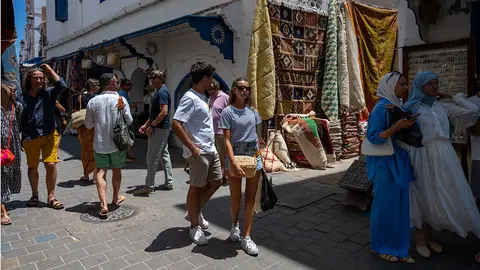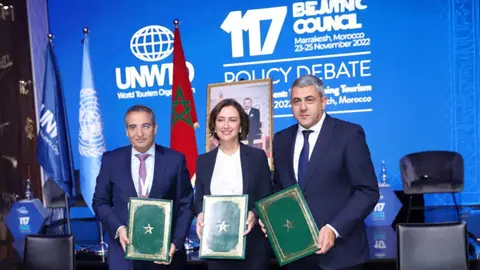UN Tourism report highlights Morocco's attractiveness to investors
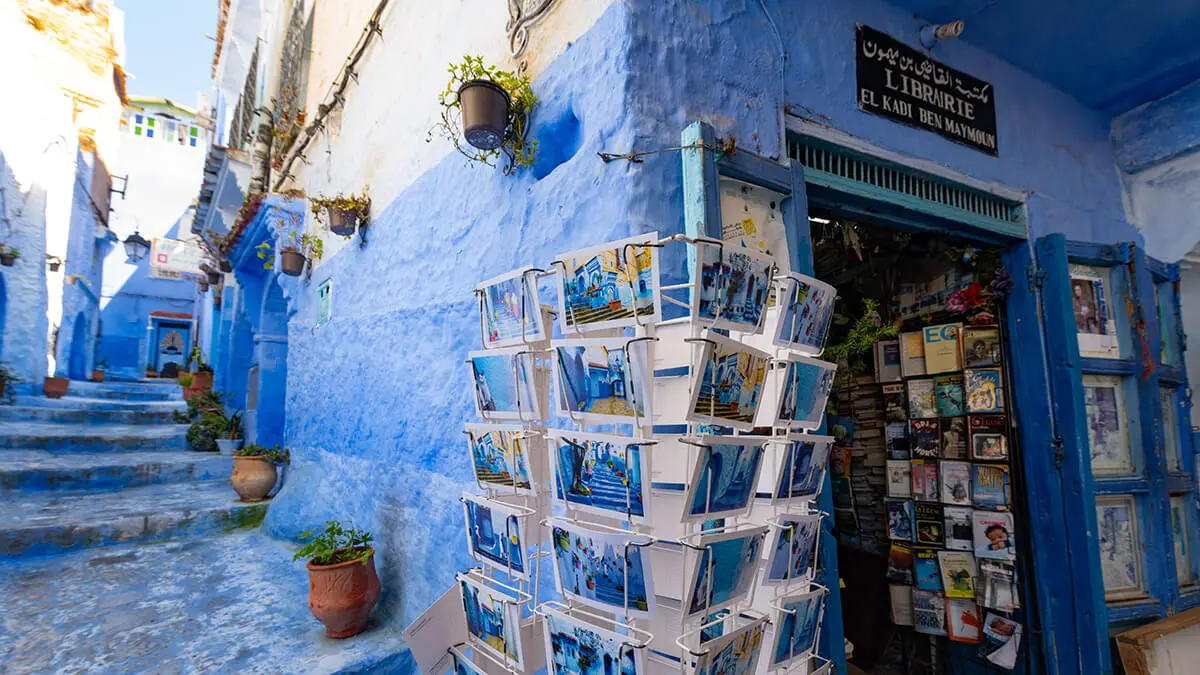
In a report published on 8 March by UN Tourism (the former World Tourism Organisation, based in Madrid) its secretary general, Zurab Pololikashvili, emphasised that ‘Morocco offers very attractive prospects for investors, thanks to its strategic geographical position, its resilient economy and its proactive policy in favour of foreign direct investment’.
In the report, entitled ‘Investing in Morocco’, the United Nations agency highlights that Morocco's attractiveness to investors is reflected in the volume of Foreign Direct Investment (FDI) flows, which has reached an average of 3.5 billion dollars per year over the last five years, in all sectors.
Destination of choice for investors
Thanks to its political stability and modern infrastructure, Morocco has become a strategic regional investment platform. The country has undertaken a series of large-scale projects, such as high-speed rail lines and the development of special economic zones that attract investors from different countries around the world seeking to diversify their assets.
Focusing on the advantages that make Morocco a destination of choice for investors, UN Tourism cites the country's geographical proximity to Europe and its strategic access to a market of 2.5 billion consumers, in addition to its rich cultural and natural heritage.
According to the report, Morocco has other important assets for the development of tourism, such as nine sites classified on the UNESCO World Heritage list, 11 national parks, first-rate infrastructure including 19 airports, 27 commercial ports and more than 2,000 kilometres of motorways.
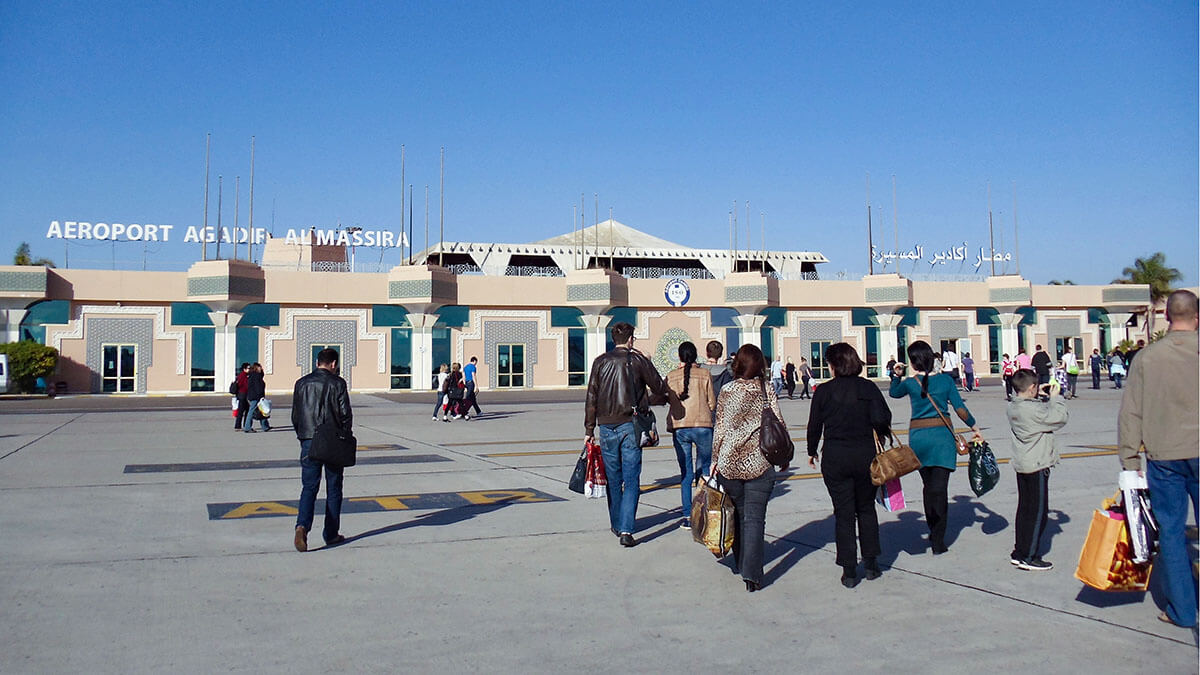
Morocco's accommodation capacity has increased by more than 60% since 2012, contributing to the boom in the sector. In this regard, UN Tourism emphasised that ‘investment in the tourism sector is also supported by the Moroccan Society for Tourism Engineering (SMIT), which offers dedicated support to project developers’.
The report also emphasises that, thanks to its economic advantages, its political stability and its framework of incentives for investment, Morocco is positioned as an unmissable destination for investors who wish to take advantage of the dynamics of the tourism sector, which, according to UN Tourism, underlines the key role of this sector in Morocco's economic performance.
The Secretary General of UN Tourism praised the roadmap for tourism 2023-2026, through which Morocco has defined nine strategic priorities aimed at boosting both international and domestic tourism.
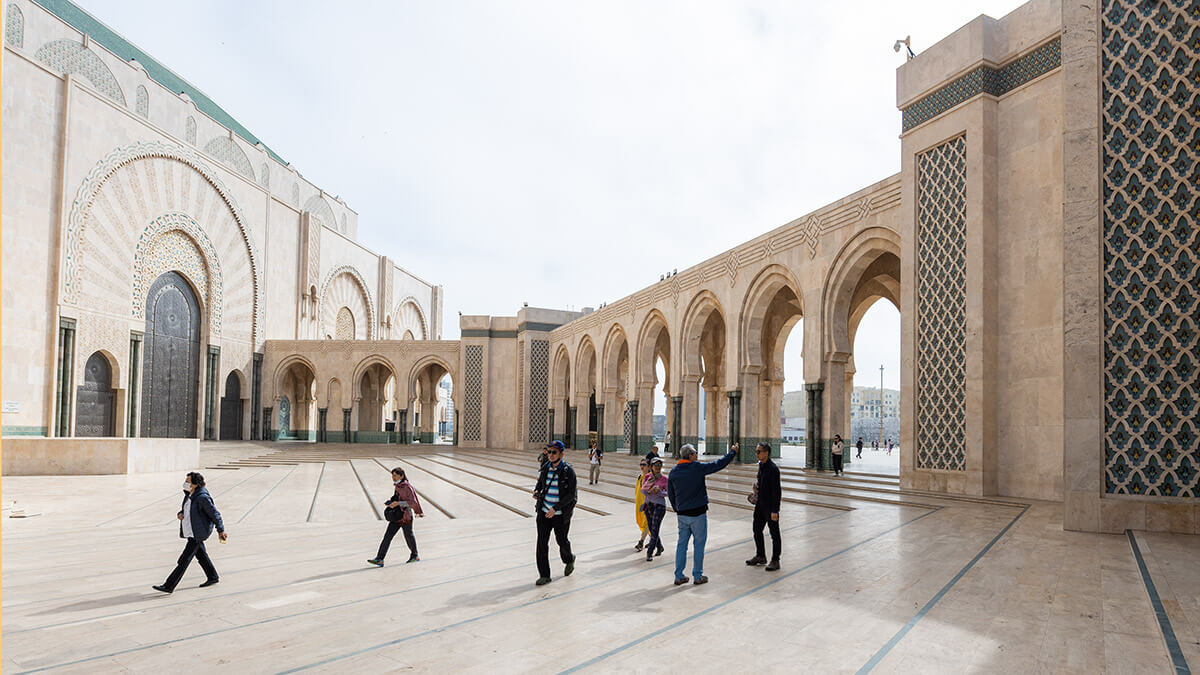
Highest growth in tourism in Africa
The Moroccan tourism sector benefited from a cumulative investment of 2.2 billion dollars between 2014 and 2023, while the development of hotel infrastructure mobilised a total of 2.6 billion dollars between 2015 and 2024, according to data provided by the UN Tourism report.
The same source pointed out that ‘in 2024, Morocco welcomed 17.4 million tourists, registering an increase of 35% with respect to 2019, which allowed the sector to almost double its contribution to the GDP, going from 3.7% in 2020 to 7.3% in 2023. Thanks to this dynamic, Morocco has distinguished itself as the African destination with the highest growth in tourism revenue, with an increase of 43% compared to 2019, reaching 10.5 billion dollars in 2023. This is an increase of 28% compared to the same year,’ added the United Nations.
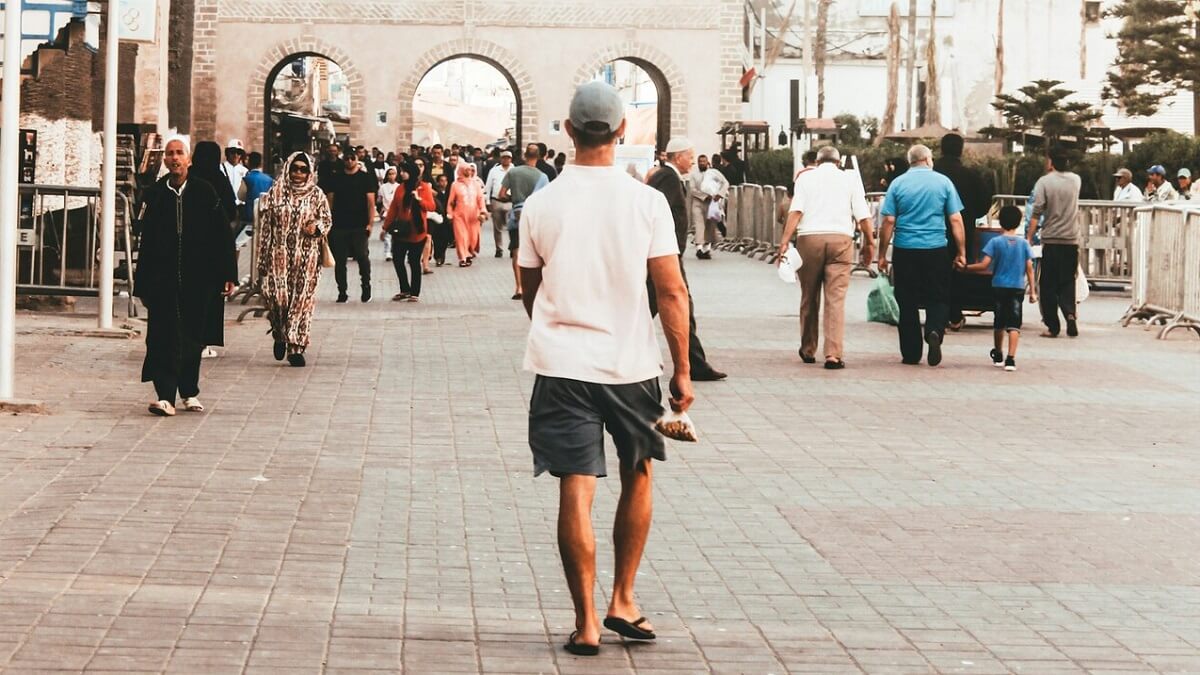
For her part, the executive director of UN Tourism, Natalia Bayona, highlighted Morocco's economic dynamism, explaining how the country has established itself as the fifth power in Africa in terms of GDP, with an average growth of 2.5% in the last decade.
‘In economic terms, Morocco recorded average growth of 2.5% between 2015 and 2024, with forecasts of 4% in 2025 and 3.6% in 2026,’ explained UN Tourism, adding that ’controlling inflation also helps to strengthen the country's competitiveness as a stable and attractive investment destination.’
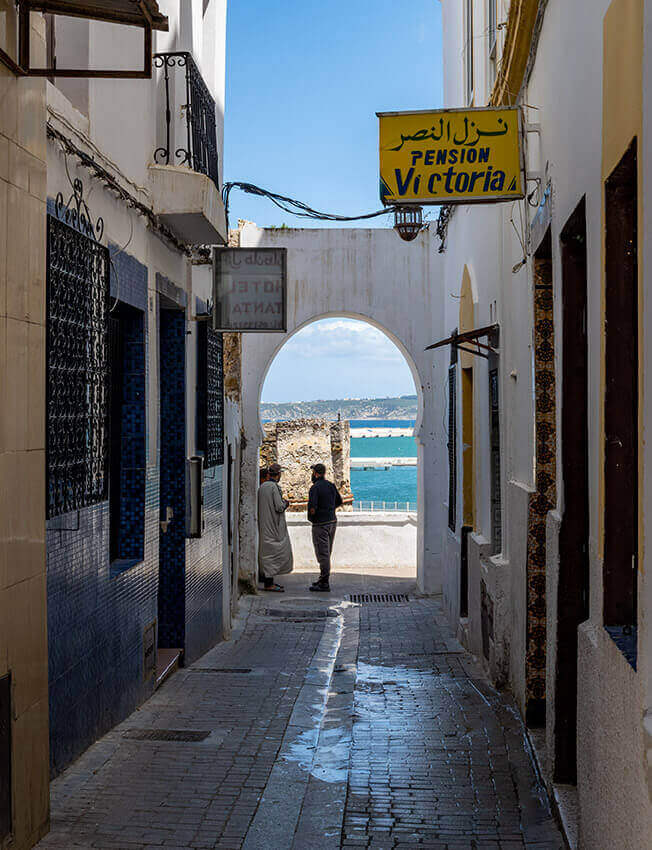
The Moroccan property sector, key to Foreign Direct Investment
The boom in tourism is generating greater demand for adapted accommodation. The needs include seasonal residences, high-end hotels and serviced residences. The rental segment, in particular through virtual platforms, is experiencing strong growth. The city of Marrakech, for example, is benefiting from this tourist influx and attracting investors looking to benefit from high rental yields.
With tourist properties almost permanently occupied, investors benefit from both a constant flow of income and a continuous increase in the value of their properties. These investments support the modernisation of cities and job creation, and reinforce Morocco's attractiveness as a top destination for international investors.
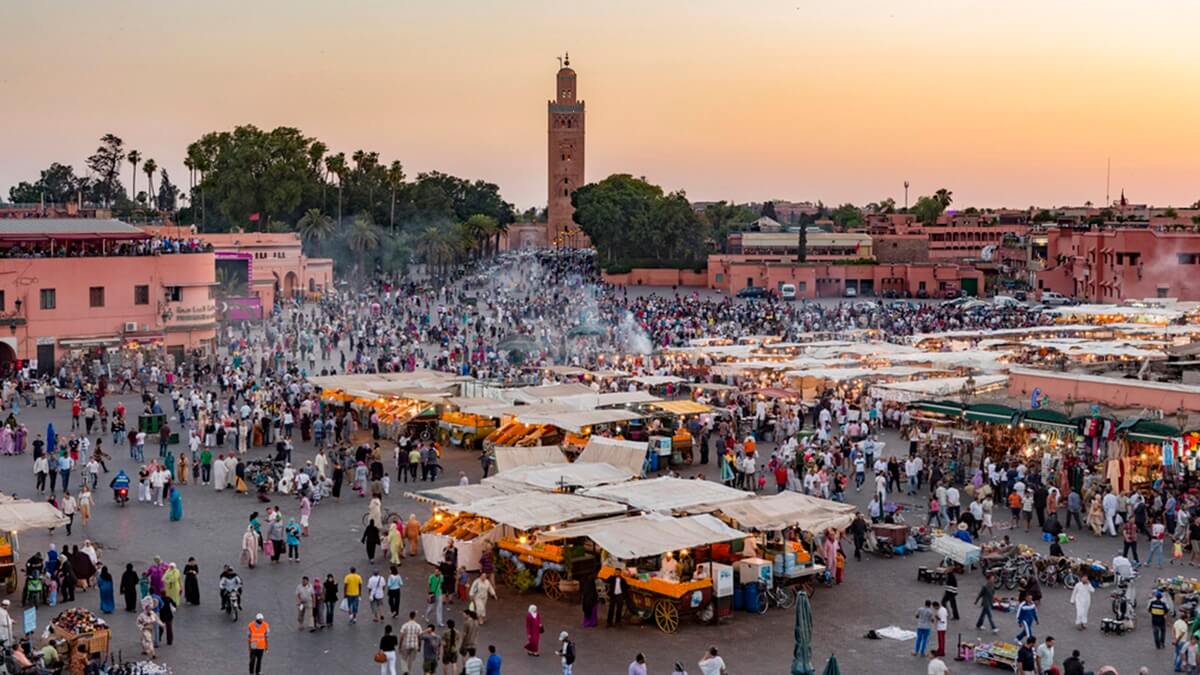
The real estate sector occupies a central place in Morocco's economic attraction strategy. In 2021, 20.9% of the FDI flows received by the country were allocated to this sector, reflecting its strategic importance and the fundamental role it plays not only in urban development and tourism infrastructure projects, but also in stabilising the economy.
Morocco is distinguished by a series of advantages that attract real estate investors:
- Competitive prices: real estate in Morocco, even in attractive cities such as Marrakech, is still much more affordable than in other international destinations.
- A stable market: the legal framework and public policies support the stability of the sector, which reinforces investor confidence.
- International appeal: with more than five million tourists every year in Marrakech, the demand for holiday rentals and second homes remains strong.
In this respect, Moroccans living abroad (MRE) are also contributing to this trend. In 2023, they injected more than 9 billion euros into the Moroccan property market, stimulating demand for quality properties.

